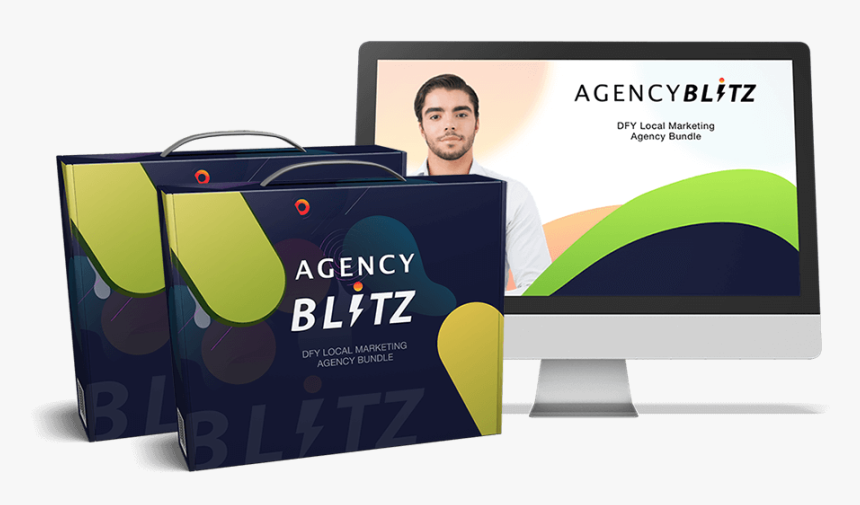Customer Segmentation for Effective Retention Marketing
Customer Segmentation for Effective Retention Marketing
Blog Article

In today's competitive marketplace, customer retention has become a critical focus for businesses looking to sustain growth and profitability. As acquiring new customers often costs significantly more than keeping existing ones, developing effective retention strategies is paramount. One of the most powerful ways to enhance retention efforts is through customer segmentation, which allows businesses to tailor their marketing strategies to meet the unique needs and preferences of different customer groups.
Forge Digital, a leading retention marketing agency, understands the importance of this approach. By leveraging data-driven insights to segment customers based on their behaviors, preferences, and purchasing history, businesses can create personalized marketing experiences that resonate with their audience. This targeted approach not only fosters customer loyalty but also increases the likelihood of repeat purchases, ultimately driving better results for long-term success.
Understanding Customer Segmentation
Customer segmentation is the process of dividing a customer base into distinct groups based on shared characteristics. This approach allows businesses to tailor their marketing strategies to meet the specific needs and preferences of different segments. By understanding the diverse motivations and behaviors of customers, companies can create more meaningful interactions, leading to increased customer loyalty and retention.
Retention marketing agency
Effective customer segmentation takes into account various factors such as demographics, purchasing behavior, and preferences. For instance, a retention marketing agency like Forge Digital utilizes data analytics to identify patterns and trends among customers. This data-driven approach ensures that marketing efforts are not only targeted but also relevant, which enhances the overall customer experience and fosters loyalty.
By grouping customers into segments, businesses can develop personalized marketing campaigns that resonate with each group's unique attributes. This targeted communication not only improves engagement rates but also encourages repeat purchases. In an era where consumers are inundated with generic marketing messages, leveraging customer segmentation becomes a crucial strategy for businesses looking to enhance retention and build lasting relationships with their customers.
Benefits of Retention Marketing
Retention marketing focuses on keeping existing customers engaged and satisfied, which can lead to significant cost savings for businesses. Acquiring a new customer often requires more investment in marketing and resources compared to retaining an existing one. By concentrating on customer retention strategies, companies can enhance customer loyalty and reduce churn rates, ultimately leading to a more stable revenue stream.
Another advantage of retention marketing is that satisfied customers are more likely to become advocates for a brand. When customers feel valued and appreciated, they are inclined to share their positive experiences with others, generating word-of-mouth referrals. This organic marketing can be incredibly effective, as recommendations from friends and family are often trusted more than traditional advertising methods.
Lastly, retention marketing allows businesses to gain deeper insights into their customers' preferences and behaviors. By analyzing data on customer interactions and feedback, companies can tailor their offerings and improve customer experiences. This personalized approach not only fosters loyalty but also encourages repeat purchases, enhancing the overall lifetime value of each customer.
Strategies for Effective Retention
To enhance customer retention, understanding your audience is crucial. Segmenting customers based on behaviors, preferences, and purchasing patterns allows for personalized communication and targeted marketing efforts. Using data analytics, businesses can identify high-value segments that would benefit from tailored retention strategies. This approach not only fosters loyalty but also increases the lifetime value of each customer.
Another effective strategy is to create engaging and meaningful customer experiences. Implementing loyalty programs, providing personalized offers, and ensuring high-quality customer service can significantly impact customer satisfaction. Engaging customers through thoughtful follow-ups and check-ins creates a strong connection that encourages repeat business. The goal is to make customers feel valued and appreciated, which helps in reducing churn.
Lastly, leveraging technology can streamline retention efforts. Investing in tools that monitor customer interactions and feedback helps in making informed decisions. Automated email campaigns, targeted ads, and push notifications can be customized to resonate with individual customers. By utilizing these technologies, businesses can maintain a continuous dialogue with their customers, thereby reinforcing their brand and improving overall retention rates.
Case Studies and Success Stories
One notable example of effective retention marketing is a campaign executed by Forge Digital for a eCommerce client specializing in sustainable products. By analyzing customer purchase patterns and segmenting their audience based on buying behavior, Forge Digital crafted personalized email campaigns that highlighted eco-friendly product recommendations. As a result, the client experienced a 30 percent increase in repeat purchases within six months, demonstrating the power of targeted communication.
Another success story comes from a subscription-based service that partnered with Forge Digital to improve customer loyalty. By leveraging data analytics to identify at-risk customers, Forge Digital implemented a win-back strategy that included tailored offers and incentives. This initiative led to a remarkable recovery of 25 percent of previously churned customers and significantly enhanced the overall subscriber retention rate.
Finally, a local restaurant chain sought to boost customer retention through loyalty programs. Forge Digital developed a multi-channel approach that integrated in-store promotions, mobile app engagement, and social media outreach. By creating a cohesive customer experience that rewarded frequent visits, the restaurant chain increased its loyalty program enrollment by 40 percent and saw a continuous uplift in customer visits, showcasing the effectiveness of a well-executed retention strategy.
Report this page